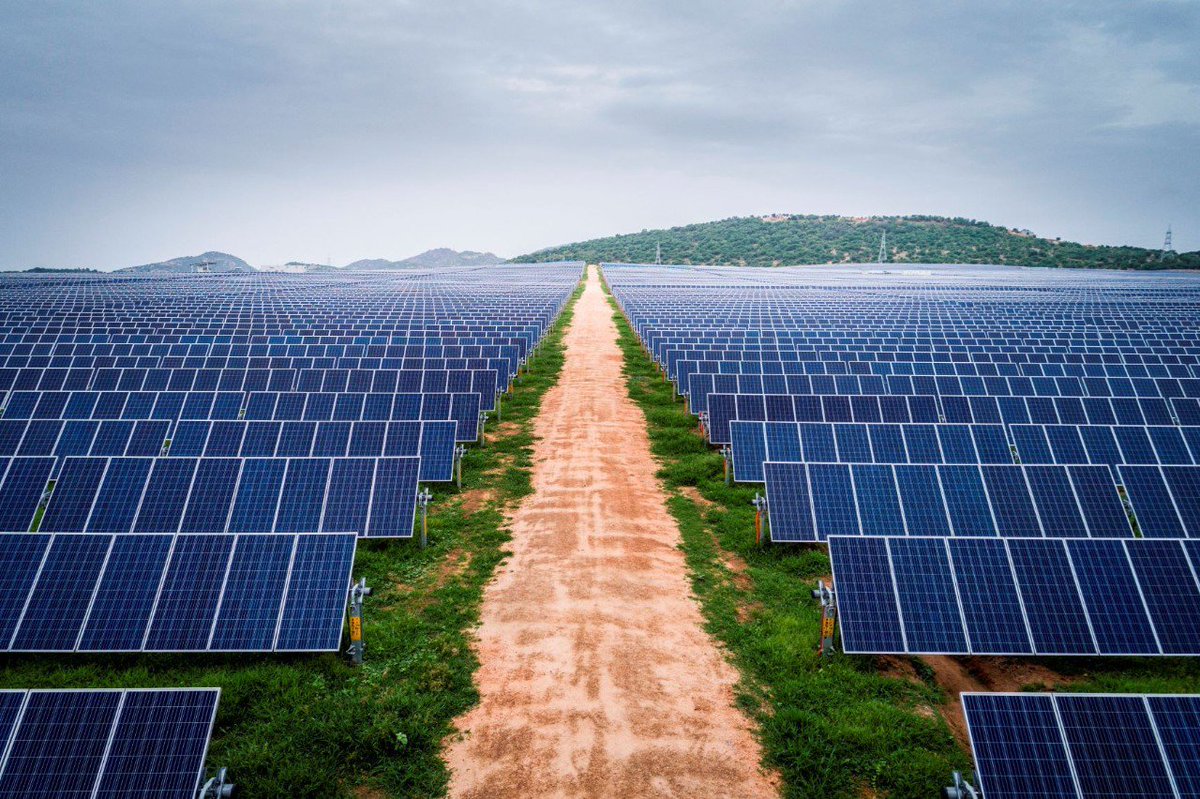In the ever-expanding realm of renewable energy, the collaboration between inverter suppliers and solar power system manufacturers plays a pivotal role in harnessing the potential of solar energy. This comprehensive exploration delves into the intricacies of these two vital components of the solar energy ecosystem, shedding light on their functions, innovations, and the symbiotic relationship that propels the transition towards a sustainable energy future.
Unveiling the Functionality of Solar Power Systems:
1. Harvesting Solar Energy:
Solar power systems are designed to capture sunlight and convert it into electricity through the photovoltaic effect. Photovoltaic cells, commonly known as solar panels, contain semiconductor materials that generate direct current (DC) electricity when exposed to sunlight.
2. Inverter’s Transformative Role:
While solar panels generate DC electricity, the appliances and devices in our homes and businesses operate on alternating current (AC). This is where inverters come into play. They convert the DC electricity produced by solar panels into the AC electricity required to power homes, offices, and industries.
3. Energy Storage Integration:
Solar power systems often incorporate energy storage solutions, such as batteries, to maximize efficiency and address sunlight fluctuations. These batteries store excess electricity generated during peak sunlight hours, allowing for a consistent power supply even during cloudy days or at night.
4. Grid Connectivity and Net Metering:
Solar power systems are frequently connected to the electrical grid. Excess electricity generated by the system can be fed back into the grid, often leading to financial benefits through net metering programs. Net metering allows users to receive credits or compensation for the surplus energy they contribute to the grid.
The Crucial Role of Inverter Suppliers:
1. Inverter Types and Varieties:
Inverter suppliers are instrumental in providing a range of inverters tailored to the diverse needs of solar power systems. There are different types of inverters, including string inverters, microinverters, and power optimizers, each offering specific advantages depending on the size and design of the solar installation.
2. Efficiency and Performance:
The efficiency of an inverter is a critical factor in determining the overall performance of a solar power system. Inverter suppliers focus on delivering inverters with high conversion efficiency, ensuring that a maximum percentage of the solar energy harvested is converted into usable electricity.
3. Durability and Longevity:
Solar inverters are exposed to various environmental factors, including sunlight, temperature variations, and humidity. Inverter suppliers prioritize the durability and longevity of their products, using robust materials and implementing advanced engineering to withstand challenging conditions and provide reliable performance over the long term.
4. Monitoring and Control Features:
Advanced inverters come equipped with monitoring and control features that allow users to track the performance of their solar power systems in real-time. Inverter suppliers integrate smart technologies that enable remote monitoring, fault detection, and troubleshooting, ensuring optimal system efficiency and minimizing downtime.
5. Compatibility with Energy Storage:
With the increasing integration of energy storage solutions in solar power systems, inverter suppliers work on developing inverters that are compatible with various battery technologies. This compatibility enhances the ability of solar installations to store excess energy for later use, contributing to increased energy independence.
6. Grid-Interactive Inverters:
Grid-interactive inverters play a vital role in solar power systems connected to the electrical grid. Inverter suppliers specialize in providing inverters with grid-interactive capabilities, allowing seamless integration with the grid for both energy export and import. These inverters facilitate the smooth operation of net metering systems.
The Symbiotic Relationship:
1. Collaborative System Optimization:
Inverter suppliers and solar power system manufacturers collaborate to optimize the overall performance of solar installations. This involves aligning the specifications and capabilities of inverters with the design and requirements of solar power systems to achieve maximum efficiency and reliability.
2. Innovative System Designs:
The symbiotic relationship extends to the development of innovative system designs. Inverter suppliers work closely with solar power system manufacturers to create integrated solutions that incorporate the latest technological advancements, ensuring seamless compatibility and improved overall system performance.
3. Streamlined Installation Processes:
Collaboration between inverter suppliers and solar power system manufacturers contributes to streamlined installation processes. Compatibility between the inverter and the solar panels, as well as standardized communication protocols, facilitates easier and more efficient installations, reducing both time and costs.
4. Continuous Technological Advancements:
The dynamic nature of the renewable energy sector requires continuous technological advancements. Inverter suppliers and solar power system manufacturers engage in ongoing research and development to stay at the forefront of innovation, introducing new features and improvements that enhance the efficiency and sustainability of solar installations.
The Future Landscape of Solar Energy:
1. Rise of Smart Solar Solutions:
The collaboration between inverter suppliers and solar power system manufacturers is driving the rise of smart solar solutions. These solutions leverage artificial intelligence, machine learning, and data analytics to optimize energy production, storage, and consumption, paving the way for more intelligent and efficient solar installations.
2. Enhanced Energy Storage Capabilities:
The future holds promises of enhanced energy storage capabilities in solar power systems. Inverter suppliers are anticipated to develop advanced inverters that seamlessly integrate with high-capacity and long-lasting batteries, providing users with greater autonomy and resilience against grid disruptions.
3. Increased Decentralization:
As solar power systems become more sophisticated and adaptable, the trend towards increased decentralization is expected to continue. Inverter suppliers and solar power system manufacturers will play a crucial role in supporting decentralized energy generation, empowering communities and individuals to harness renewable energy for their needs.
4. Greater Accessibility and Affordability:
Ongoing advancements in technology, coupled with economies of scale, are likely to contribute to greater accessibility and affordability of solar power systems. Inverter suppliers will be instrumental in developing cost-effective inverters that maintain high-performance standards, making solar energy more accessible to a broader range of users.
Conclusion:
In conclusion, the collaboration between inverter suppliers and solar power system manufacturers is indispensable in the journey towards a sustainable energy future. From harvesting solar energy to transforming it into usable electricity. These two components work in tandem to unlock the vast potential of renewable energy sources. As technological advancements continue, the landscape of solar energy will witness smarter solutions, enhanced storage capabilities, and increased accessibility, all made possible through the symbiotic relationship between inverter suppliers and solar power system manufacturers. Together, they illuminate the path toward a cleaner, greener, and more sustainable future.
Click here to read more



